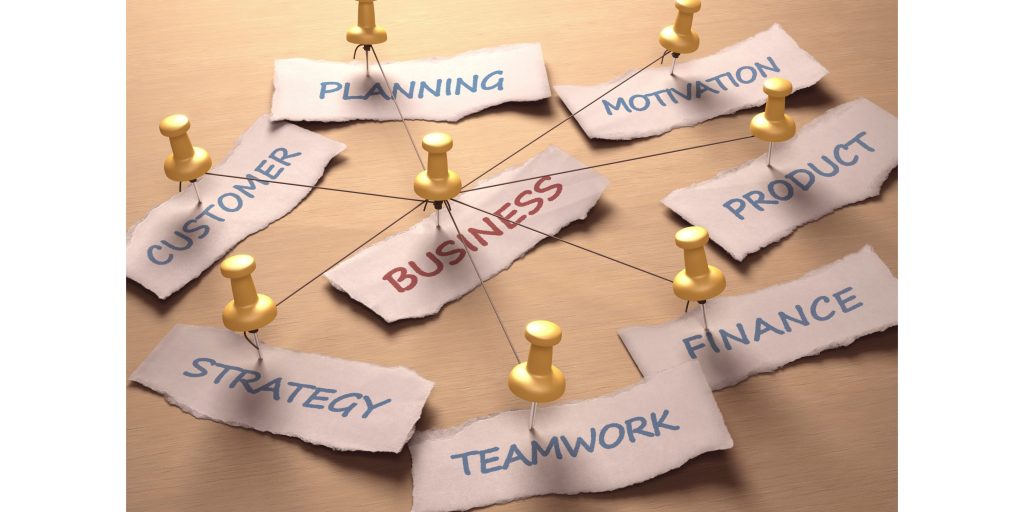Most people in energy poverty are getting energy from the conventional commercial supplier. And the number of those who run from one debt into the other is high (and getting higher). Can we design energy services that help those people living more decent lives and therefore tackle energy poverty in the long-term? In this new report, the POWER UP experts have explored the strenghts and weaknesses of five different business models:

Those business models cover energy services in different parts of the energy value chain and range from individual to community solutions. For an easier assessment of their operability by anybody interested in exploring the options for his/her own purpose, we have ranked each option according to six different indicators:
- Legal complexity;
- Setup complexity;
- Management complexity;
- Replicability;
- Effectiveness towards energy poverty;
- Scalability.
The overview business model by business model aims at helping local and regional authorities navigate through the diversity of options and to design their value proposition for energy services with a social purpose.
Please reach out if you want to share other suitable and socially-driven business models that we might have missed out: www.socialenergyplayers.eu/contact
